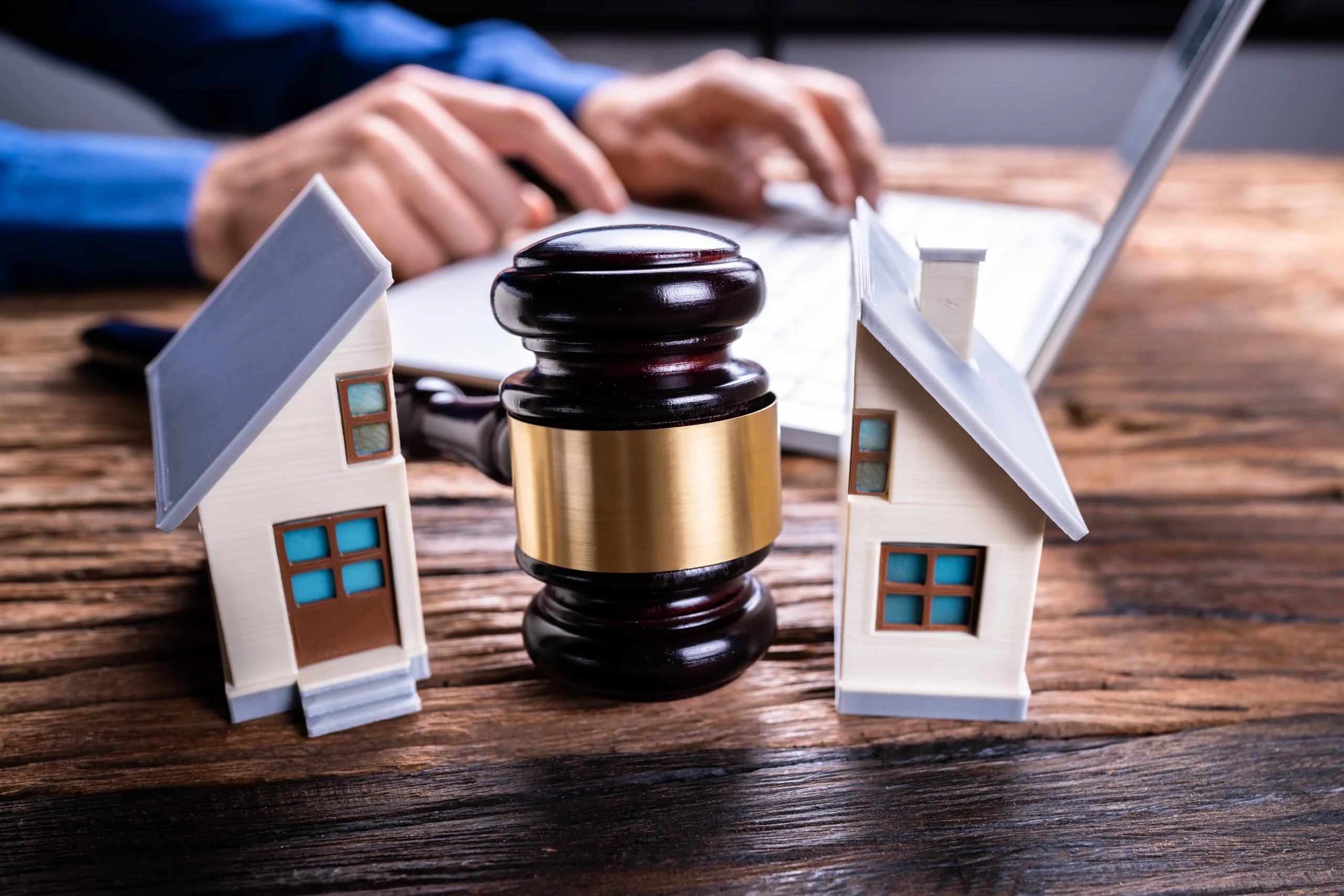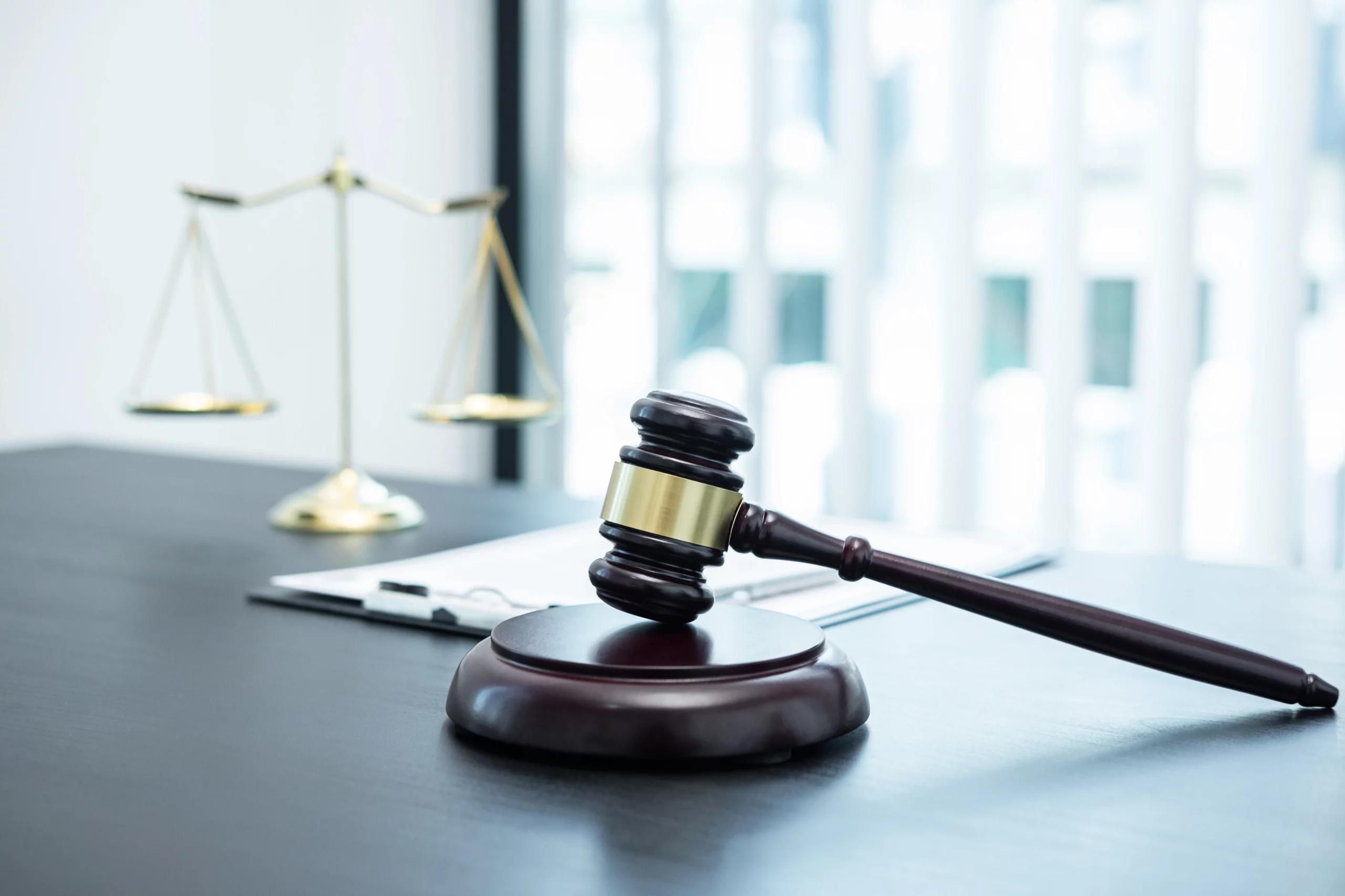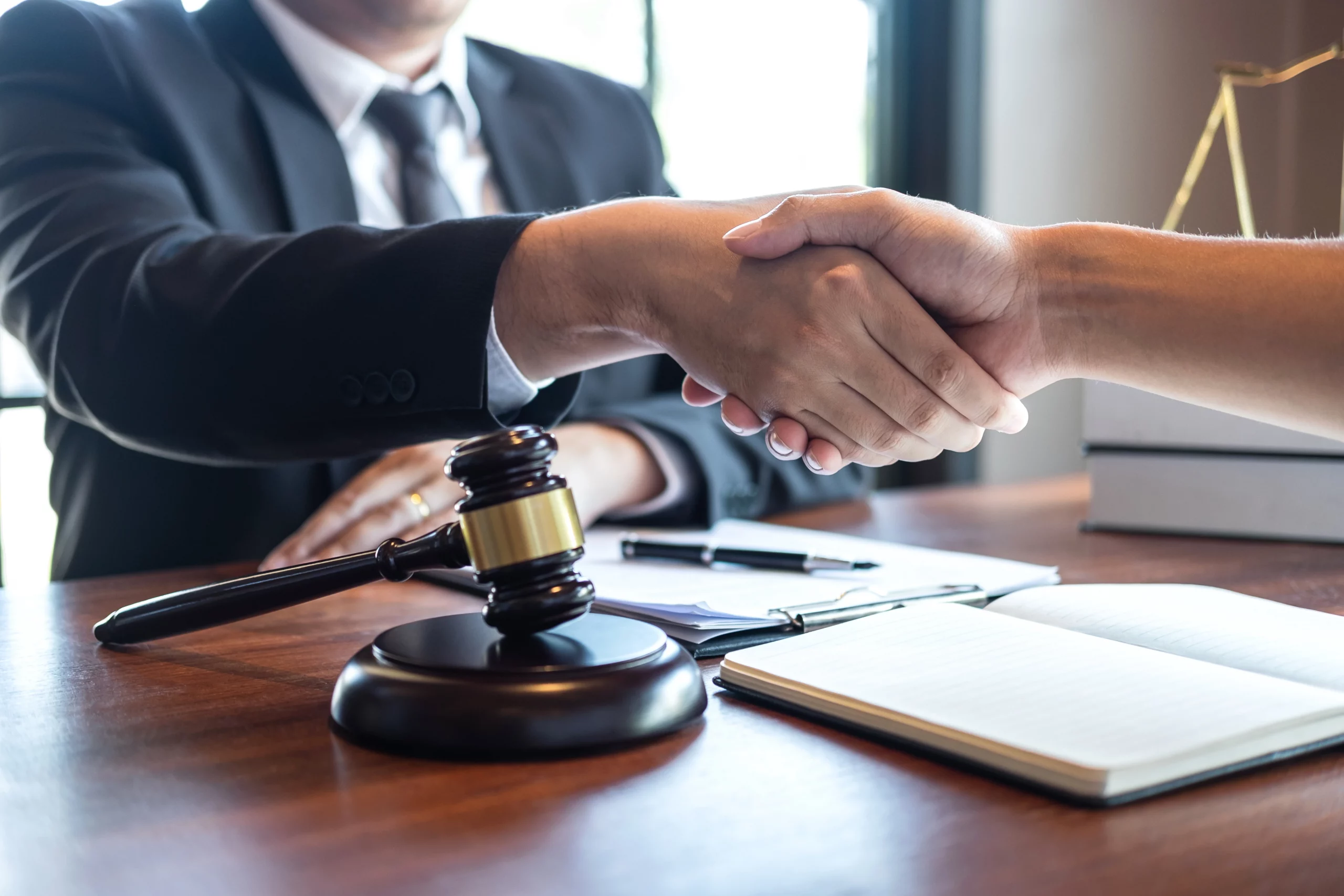How to get a Great Settlement for a Slip and Fall Accident Claim
The Best Premises Liability Accident Lawyers
Premises Liability > Settlements > How to Get
Slip and fall injury settlements can be increased with careful preparation before discussions begin. The following are some suggestions for increasing the amount of money you receive from your insurance company.
In most cases, the property owner’s insurance company can be contacted if you suffer injuries due to a slip and fall on their property.
An insurance adjuster’s job is to settle a slip-and-fall claim for as little as feasible. After all, they care about the company’s bottom line and their professional development.
Its common knowledge that claims without attorneys will receive lower settlement offers from adjusters. However, there is still hope for resolving your insurance claim.
Like with a lawyer, your best bet is to do your homework before meeting with the adjuster for the first time.
Insurance companies are more likely to make a fair settlement offer when slip and fall victims enter discussions prepared and confident.
Free Consultation
NO FEE UNLESS WE WIN
Convincing evidence is the first step in any successful preparation.
To collect on a slip-and-fall claim, you’ll need to show that the insured person or business was at fault for your injuries and that your damages exceeded the deductible. If you were injured in a slip and fall accident, you might be entitled to compensation for the financial losses you sustained due to your injuries.
Potential losses can be attributed to:
- To cover health care costs.
- Misplaced income
- The money you’ll have to pay for something on your own.
- Damage to property (like broken eyeglasses)
You should ask for any documents related to your care after a slip and fall accident. It’s important to remember that some medical procedures will result in many bills.
If you’re taken by ambulance to the ER, you may get multiple bills from the ambulance service, the hospital, and the doctors who treated you. The same is true for radiology appointments; you will receive two bills, one from the radiology department that took the x-ray and another from the radiologist who interpreted the results.
Your injuries and subsequent missed time from work due to healing will be linked to the slip and fall incident in your medical records. Your company will issue a statement verifying your wage loss.
Even if your health insurance covered all or part of the cost of your medical tests, treatment, and medical supplies, you are still entitled to get full compensation for those expenses. Save your receipts if you pay cash for things like bandages and prescription drugs.
To ensure you have documented all your expenses related to your slip and fall, download our free Slip and Fall Damages Checklist and Guide.
Seek reimbursement for your injury-related expenses to increase your slip and fall payout.
Keeping your paperwork and supporting documents in order is a smart move.
You can prepare a claim file as thoroughly as your attorney does before sitting down to negotiate an insurance payment.
Correspondence with the insurance provider, such as letters and emails, should be kept in a distinct area of your file.
Separate sections, likewise in chronological order, can contain copies of your medical bills and treatment records. It’s helpful to organize bills by the service provider, then by date, with the most recent bill at the top.
If an adjuster is concerned about a medical bill or expense, they will almost certainly bring it up in the context of a specific bill or receipt. When negotiating with the insurance adjuster, it will be much simpler to locate your copy of a bill if you have a copy of it in your claim file.
While organizing your medical bills and paperwork, remember that insurance adjusters don’t look kindly upon lengthy gaps in care.
Be ready to explain if you did not receive immediate medical attention following the fall or if there was a significant delay in your treatment. For instance, physical treatment could be put on hold if your region was placed on lockdown due to a COVID outbreak.
Determining the Worth of Your Claim
If you don’t know how much your slip and fall claim is worth, you won’t be able to negotiate a fair settlement with the insurance company.
Hard costs, also known as economic damages, are the actual monetary value of losses such as medical expenses, out-of-pocket costs, missed earnings, and property damage.
Don’t forget to include your total amount on medical care, not just your out-of-pocket share after meeting your deductible or copayment. Even if your medical costs are partially or fully covered by insurance, you are still entitled to the full amount.
To complete the appraisal procedure, please add all other economic damages to the medical expenditures you have already incurred. You should track how much money you’ve missed due to your slipped and fall injury.
Your economic damages may include payment for medical bills, lost wages, and transportation expenditures like gas and parking fees incurred because of your injury.
Non-Monetary Losses and Their Value
Damages to property can be easily quantified in comparison to emotional distress. For instance, if you need to prove how much you spent on a specific medication, you can do it with a receipt detailing the transaction.
However, non-economic losses such as pain and suffering do not result in monetary compensation.
Even if you have healed from relatively minor injuries like a wrenched shoulder or sprained ankle, you still need to document how the incident caused you pain and suffering if you wish to be compensated for non-economic damages.
You may have endured additional anguish beyond the physical kind because…
- Inability to comfort a fussing infant
- Needed assistance using the restroom
- Awake with terrifying dreams
- Was unable to take part in athletic events
- I have: Failed to attend a family member’s graduation.
When the insurance adjuster gives you a lowball offer, you can use the details from your notes to back up your claim for pain and suffering.
Compute a reasonable estimate of your pain and suffering damages by adding up all your medical bills and other hard charges and multiplying the total by one or two.
Most insurance companies are amenable to settling for general damages in this ballpark if your injuries are minor to moderate.
Slip-and-fall claim valuation example
As Lisa strolled through the garden center in her neighborhood, she noticed a familiar face. She veered off into a different aisle and tripped over some toppled planters. She put her arms out to break her fall but fractured her right wrist.
Two shoppers saw her and rushed over to assist. Both customers recently complained to the store manager about the vegetation.
Lisa’s fall resulted in a fractured wrist that required minor surgery. Her wrist was also broken, and she spent seven weeks with it in a cast. Her hand and wrist were injured, so she couldn’t work for two weeks. During that time, she had to pay landscapers to cut her grass and pluck her weeds.
Lisa had trouble sleeping due to discomfort, and the painkillers and antibiotics she took after surgery made her sick.
Upon completing her rehabilitation, Lisa compiled a list of her real expenses. She incurred expenses of $18,300 due to her illness, including those for necessary replacement services and income she could not earn. She multiplied that by a factor of ten to include her emotional distress: $18,300. Lisa requested a total of $36,600 in compensation.
Organize Your Negotiating Position
Create a strategy for communicating with the claims adjuster if you intend to manage your slip and fall claim.
Make sure you keep your cool and act like a professional. However, you shouldn’t feel obligated to give in if the adjuster raises legitimate concerns about your position on any given subject.
The best way to approach negotiations in a slip and fall case will depend on the unique details of your situation. Still, you can get ready by thinking about the possible holes in your case that an insurance adjuster might find. Then, you’ll be able to strategize what to say and what proof to present to the adjuster.
In the ordinary slip and fall claim, the adjuster will use a few common “weaknesses” to justify making a lower settlement offer. If you anticipate the insurance adjuster’s strategies, you can maximize your compensation for a slip and fall.
Adjusters Often Place the Blame on the Wronged Party
Insurance claims adjusters are notoriously adept at finding fault with the claimant. The adjuster will use comparative negligence laws to reduce your settlement offer or deny your claim completely.
A common legal strategy in negligence disputes is to claim that the other party was more at fault. A property owner (or an insurance adjuster) can say you’re partly to blame for your slip-and-fall injury.
There’s always the chance you’ll fall over something when you’re staring at your phone, like a ladder, in a hardware store. If you get hurt in the store and submit a claim with the insurer, they will probably say that you were somewhat to blame because you weren’t paying attention.
Suppose an injured person can show that they were also somewhat at fault for their injuries. In that case, they may still be eligible for compensation under the comparative negligence statutes in most jurisdictions across the United States.
Consider your role in the accident and your contribution to your injuries. Take note of everything that would even remotely suggest you were even 1% at fault for your slip and fall in case the adjuster brings it up.
Create an effective rebuttal to an allegation of comparative negligence. If your fall happened on an icy sidewalk, for instance, you’d need to be able to justify that you were wearing shoes that were suitable for the conditions.
Struggling with a Current Medical Issue
Injuries sustained in accidents are typically downplayed by claims adjusters who argue that the victim already had the condition. There’s a chance that you already have an injury or ailment in the area of your body that you hurt in the slip and fall.
Say you were shopping and slid on a wet floor, hurting your knee. The adjuster may refuse to pay for a new knee if you’ve already undergone surgery on the same one within the past few years.
You should be prepared to tell the adjuster that your knee surgery was almost two years ago and that you had been doing fine physically. Find out which of your medical records proves that your knee pain started right after the accident.
The “Eggshell Skull” doctrine protects people even if they have a preexisting condition that makes them more vulnerable to harm than the ordinary person, such as advanced age.
The eggshell skull doctrine states that the defendant cannot use the victim’s vulnerability to avoid accountability for their actions.
In practice, this rule might be used to help repay someone hurt because their already existing ailment or injury was made worse by a slip and fall.
Prepare yourself by studying the language.
Most people who try to handle their injury claims run into trouble because they don’t understand the jargon commonly used during the claims negotiating process.
While this is not a legal flaw, insurance adjusters may try to intimidate or corner you using insurance jargon. Their best effort is to make you feel like you know less about your insurance claim than they do by using jargon.
Knowing common terms used in slip and fall injury claims is the best approach to avoid this adjuster tactic.
If you were injured because of a slip and fall, you would need to show that the property owner was negligent to win your case. When a business or property owner is negligent, they ignore a risky situation while knowing about it or having cause to know about it.
If you’re found to be “comparatively negligent,” you contributed to your injury by behaving irresponsibly.
The word “fair” applies to both situations. Make use of this word frequently in your assertions. Prove that the property owner acted unjustly or that your actions were reasonable.
Some more key concepts are:
- To establish carelessness, it is usually necessary to show that the owner had actual or constructive notice of a hazard or dangerous state yet did nothing to remedy the situation.
- Weight of Evidence. The injured party in a slip and fall case must prove that the defendant was careless.
- Attendee at a formal dinner. Customers and patrons are examples of guests that may be invited onto private land. The host’s responsibility is to ensure the safety of their premises for the benefit of their invited visitors.
- Legal Issues Associated With Damages Occurring On Someone Else’s Property. The term “premises liability law” describes the body of legislation that addresses the legal ramifications of injuries sustained on private property. An example of a premises liability claim involves an accident caused by a slip and fall.
- Limitation of time to file a lawsuit. Within this time frame, a person who has suffered an injury must take legal action or settle with the responsible party. Every jurisdiction has its time restriction on claims.
Attorneys increase compensation for falls.
Some people injured in slips and falls can successfully settle insurance claims on their own. When minor injuries have healed, the case facts are simple, and the other party’s responsibility is obvious; claimants can often settle their insurance claims.
However, having an experienced attorney handle any claims for serious injuries or intricate slip and fall situations is best.
You can talk to a slip-and-fall lawyer before settling. Even if you’ve started talking to the adjuster about your claim and are already having trouble, you can still get legal help.
Injury victims can get free, no-obligation consultations with most slip and fall lawyers. You are permitted to seek the advice of multiple lawyers before making a final decision.
Most attorneys accept cases on a contingency fee basis. A contingency fee arrangement means you won’t have to pay any legal expenses unless you win your lawsuit or get a settlement.
Strong proof, prior planning, and excellent legal guidance from an experienced personal injury attorney can increase your slip and fall settlement.

FREE CASE REVIEW
We are standing by ready, willing, and able to help you. You can schedule a free consultation here on our website, or give us a call and talk to us. Whatever you prefer, we will accomodate you!








